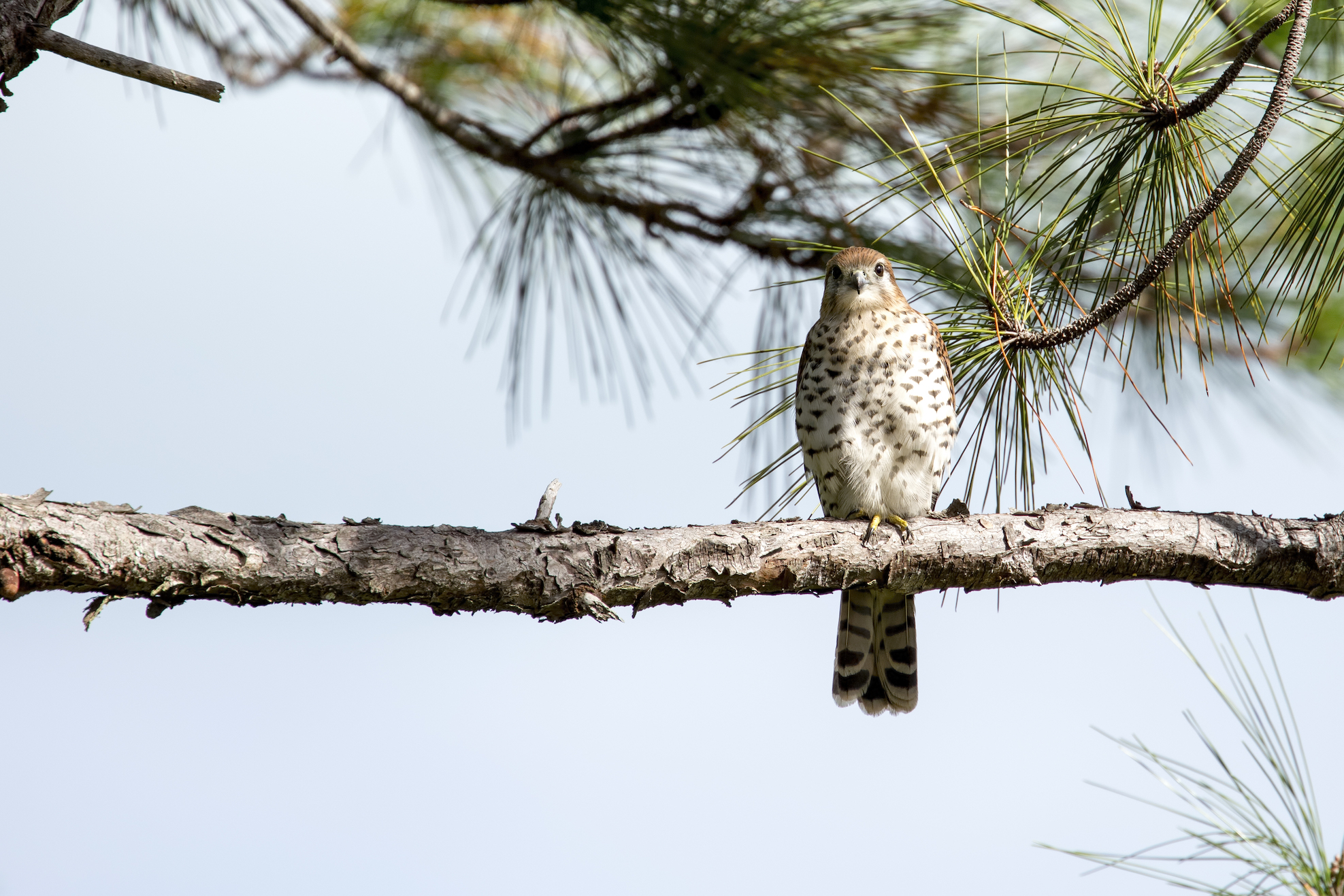
Conservation efforts have proven successful against great odds
When researchers study population declines, they often cite the vital importance of conservation, management, and restoration efforts.
But sometimes it can be difficult to grasp the full weight of just how many species are threatened, endangered, and even facing extinction when studies focus on one species or habitat at a time.
According to the International Union for the Conservation of Nature (IUCN), nearly 80,000 plants and animals are endangered and are part of the IUCN’s Red List.
Of those 80,000, almost a third could soon face extinction with 41 percent of amphibians, 34 percent of conifer trees, and 25 percent of mammals in jeopardy, according to a recent Agence France-Presse (AFP) article.
These numbers are grim, but there are quite a few success stories that could serve as inspiration to help reverse further population declines.
Conservationists have brought quite a few species back from the brink, thanks to captive breeding, tracking populations, and restoring habitats.
The Mauritius kestrel, a falcon whose species was all but wiped in 1974, is now an example of one of the most successful bird restoration projects in history. Captive breeding and predator control has increased Mauritius kestrel numbers from four to four hundred.
Another example of successful conservation can be found on Madagascar with the greater bamboo lemur. The species is still seriously threatened, but a national park was erected around the lemurs’ natural habitat, protecting it from future declines.
Conservationists can work to raise awareness of endangered or threatened species among a community, or work with policymakers and national leaders to reduce human activities near reduced habitats.
“The sixth mass extinction is happening now,” said Craig Hilton-Taylor, the head of the Red List, told the AFP. “But these conservation achievements highlight that there is still reason to be hopeful for the future of our planet, and that conservation does work.”
—
By Kay Vandette, Earth.com Staff Writer













